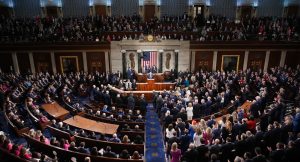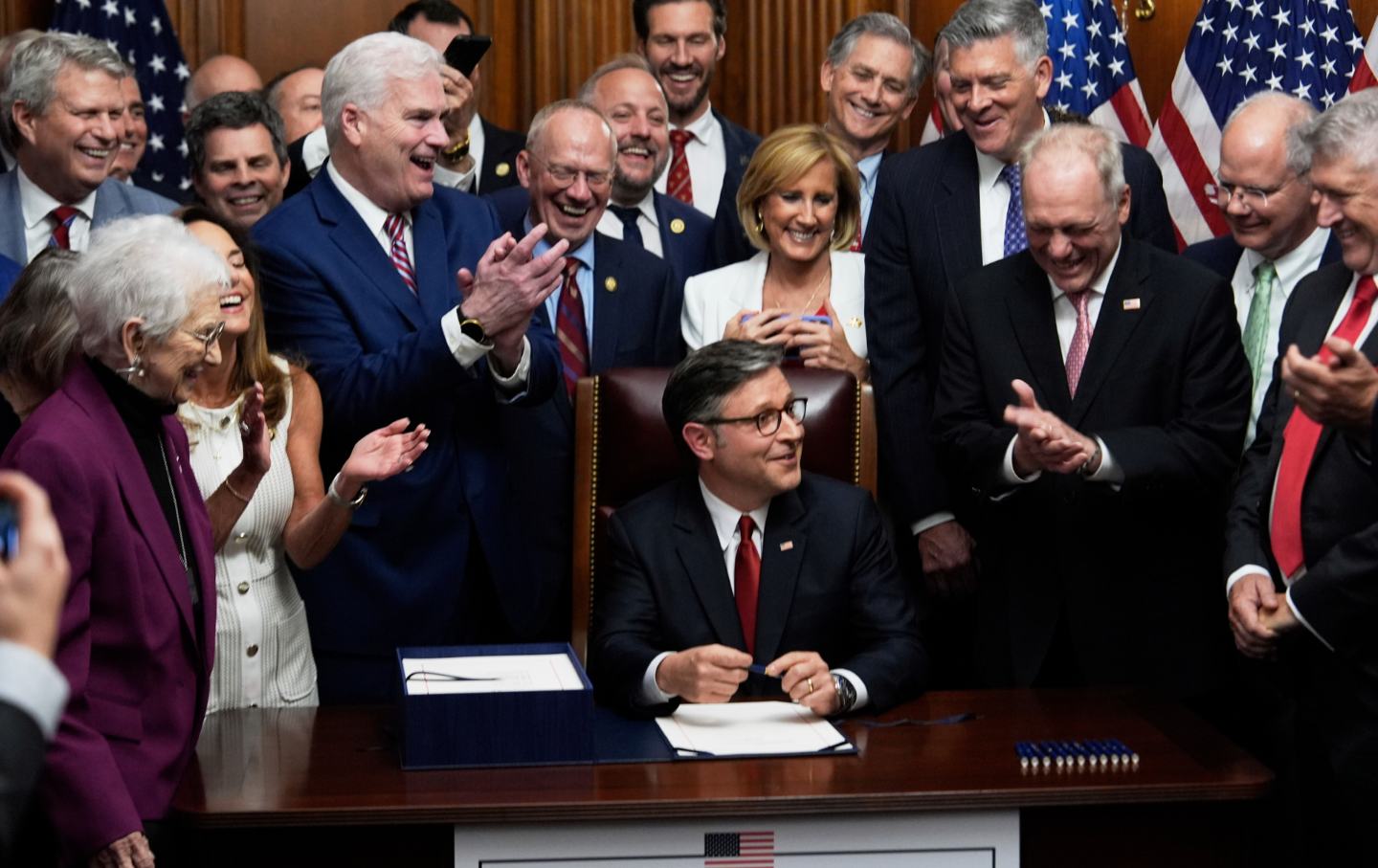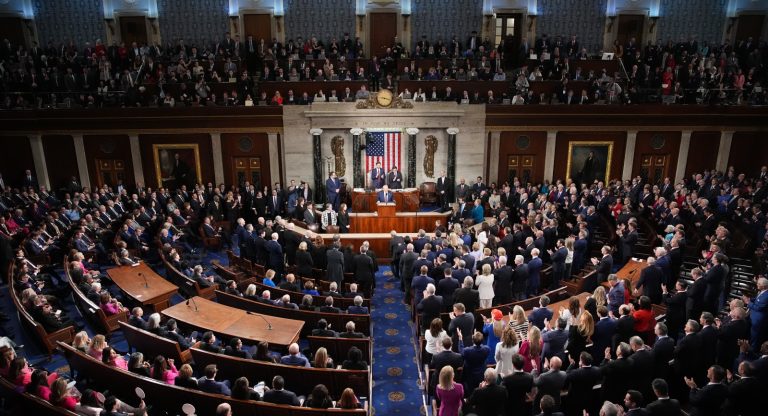A political and legal storm is brewing in Texas as Governor Greg Abbott has officially called a special legislative session set to begin on July 21, 2025, with redistricting at the top of the agenda. The move follows mounting pressure from the U.S. Department of Justice (DOJ), which has raised serious concerns over the legality of several congressional districts — concerns that could reshape the state’s political map ahead of the 2026 midterm elections.
At the center of the controversy are four congressional districts: TX-09, TX-18, TX-29, and TX-33. These districts, according to the DOJ, may constitute unconstitutional “coalition districts,” where different minority groups are combined to form a voting bloc. The DOJ argues that such districts potentially violate the Voting Rights Act (VRA) because they don’t guarantee cohesive minority representation as required under Section 2 of the act.
This scrutiny from the DOJ isn’t happening in a vacuum. It’s been heavily influenced by a recent ruling from the Fifth Circuit Court of Appeals in the case of Petteway v. Galveston County. In that decision, the court held that coalition districts — which combine two or more minority groups (for example, Black and Hispanic voters) — are not protected under Section 2 of the VRA unless those groups can demonstrate a clear history of voting as a cohesive bloc. This precedent has emboldened state Republicans and drawn the ire of voting rights advocates, who say it could dismantle years of hard-won minority representation.
Supporters of the redistricting effort argue that it’s a legally necessary step following the court’s clarification and that Texas must update its maps to comply. However, critics are alarmed, warning that the redistricting push is a calculated power play to preserve and potentially expand the Republican Party’s slim majority in the U.S. House of Representatives. With the 2026 midterms on the horizon, redrawing the lines could significantly impact electoral outcomes not only in Texas but across the nation.
Civil rights organizations, Democratic lawmakers, and some legal scholars say the proposed changes risk diluting minority voting power — particularly in urban areas where communities of color have historically held influence. They argue that eliminating coalition districts undermines fair representation in a diverse state like Texas, where no single minority group may form a majority but together, they comprise a significant voting bloc.
As the July special session approaches, all eyes are on Austin. The outcome of this redistricting debate could set a national precedent, especially in other southern states watching closely to see how courts and legislatures handle coalition district legality in the post-Petteway era.
While the legality of coalition districts remains unsettled at the federal level, what is certain is that Texas is now the frontline in a broader battle over representation, race, and political power in the United States.

Sarah Mitchell is a bestselling novelist recognized for her insightful and emotionally resonant stories that explore the complexities of human relationships. Originally from Denver, Colorado, Sarah grew up in a family of teachers who nurtured her curiosity and love for storytelling. She studied psychology at Stanford University, where she became fascinated by the intricacies of human behavior—an interest that would later shape her writing career. Sarah’s novels are praised for their nuanced characters, intricate plots, and ability to capture the subtle tensions that define love, friendship, and family ties. Her breakthrough novel, The Spaces Between Us, became an instant bestseller, lauded for its honest portrayal of strained family relationships and the fragile bonds that hold people together. Since then, she has published several works that continue to captivate audiences around the world. Outside of her writing career, Sarah is passionate about mental health advocacy and often partners with organizations to promote awareness and support for those struggling with emotional well-being. Her personal life is quieter—she enjoys hiking in the Colorado mountains, practicing yoga, and spending time with close friends. With each new book, Sarah Mitchell cements her reputation as a writer who illuminates the beauty and struggles of human connection.









